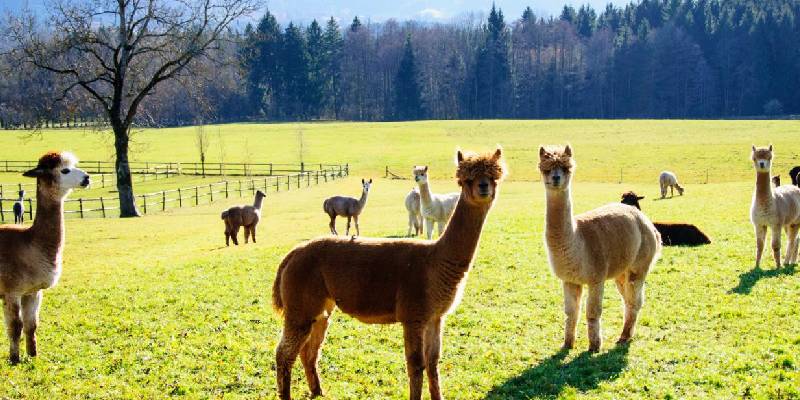What We Do
In recent years, Alpacas have gained popularity as a wool livestock animal. So much so, that now they have the reputation of being the royals of farming. But with their cute, fluffy faces and bodies and a disposition that inclines to gentle, how can one help but not fall in love with them.
Even though the camelid is an aristocracy in farming, they are still an oddity on the homestead. Why? Because Alpaca farming in Vermont is still in its infancy. The history of Alpaca farms in the US started in 1984, which is not too old. Yet, breeding alpacas have become one of the most stable and growing sectors in current times.
It is the reason why this website was designed, all thanks to our web design partners https://www.digitalseo.in/web-designing-company-chennai/ who gave the site a visual appeal and easy navigation. Think of the platform as a fountain of information that offers knowledge for curious eyes and alpaca farming enthusiasts. In here, you will be able to find answers to:
Information About:
- Vermont alpaca farms: How to prepare the farm for alpacas? What is the right infrastructure for them? Do they necessitate electrified fencing like those in pig farms? Or does alpaca farming prerequisite reinforced shelters like for horses? What type, how much and where to keep the hay or feed for alpacas?
- Alpaca breeders: What do the uncomplicated and low-impact livestock require to remain healthy? What type of business plan and marketing is need to earn from alpaca breeding? What is the basic knowledge necessary to keep them happy and healthy?
- Alpaca farms history: What are some of the alpaca-care books written over the years? An account on other farmers in Vermont. What are the statistics of the market in the past decade?
Because alpaca breeding is relatively young, there are many ups and downs Vermont farms face. Furthermore, the animals which are often confused with Llamas are native to the mountains of South America. Even today, most alpacas of the world will be found in Chile, Peru, and Bolivia which makes Vermont alpaca farms a luxury.
To this end, we created this platform to help people understand what it takes to build an Alpaca Farm in Vermont and what alpaca breeders do. One example of why Vermont alpaca farms are booming is the soft cashmere-like fleece of the camelids which make them appealing to small-scale farmers and breeders. We hope by providing information such as this aid in your quest of knowing more about Vermont alpaca farms.

